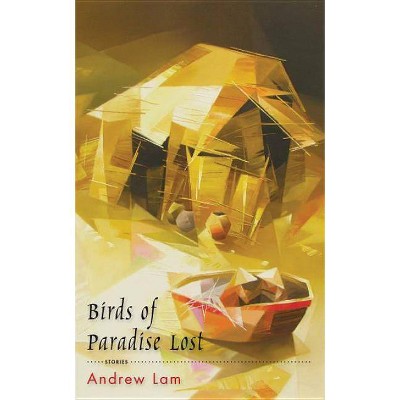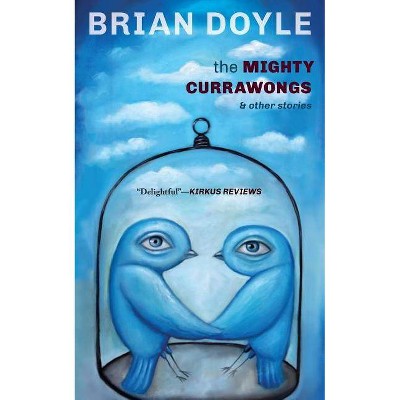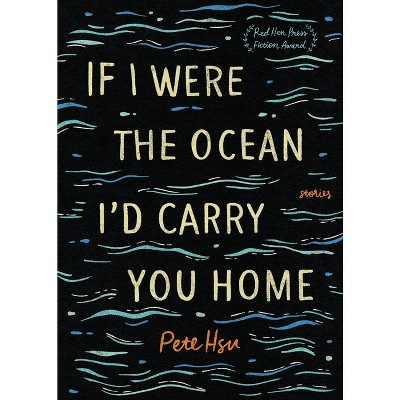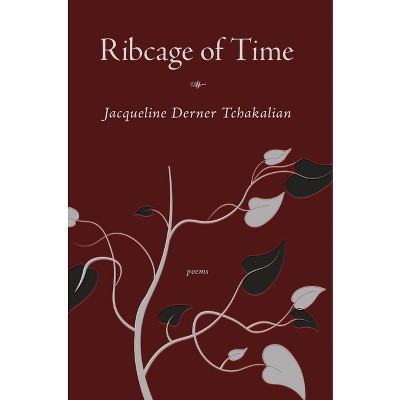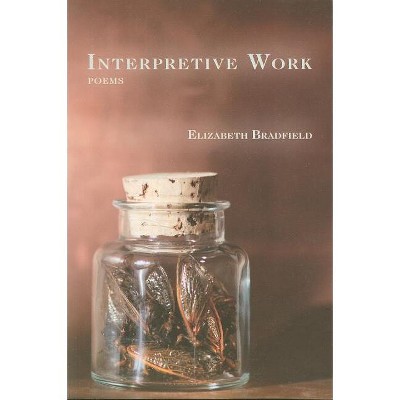Sponsored

Your Nostalgia Is Killing Me - by John Weir (Paperback)
In Stock
Sponsored
About this item
Highlights
- In eleven linked stories, prize-winning novelist John Weir brings his wit and compassion to the question of how a gay white guy from New Jersey lived through fifty years of the twin crises of global AIDS and toxic masculinity in America.
- Author(s): John Weir
- 224 Pages
- Fiction + Literature Genres, Short Stories (single author)
Description
About the Book
In eleven linked stories, prize-winning novelist John Weir brings his wit and compassion to the question of how a gay white guy from New Jersey lived through fifty years of the twin crises of global AIDS and toxic masculinity in America.
Book Synopsis
In eleven linked stories, prize-winning novelist John Weir brings his wit and compassion to the question of how a gay white guy from New Jersey lived through fifty years of the twin crises of global AIDS and toxic masculinity in America.
Review Quotes
"Your Nostalgia is Killing Me is a witty short story collection. Eleven linked first-person short stories tell the story of a protagonist whose early adolescent experiences of homophobia in a small town and whose adult loss of his best friend to AIDS during the height of the epidemic write the script for his life, propelling him in and out of relationships with friends, loved ones, and lovers who expect too much or too little. Taking place at acting classes, cinemas, funerals, high school graduation ceremonies, plays, public protest demonstrations, retirement homes, and sex parlors, these eleven linked stories pull at the thin line between erasure and exposure, all the while skillfully highlighting the performative nature of death, grief, illness, love, masculinity, and sexuality against the backdrop of late twentieth-century US culture."
-Dr. Amina GautierShipping details
Return details
Trending Literary Fiction







